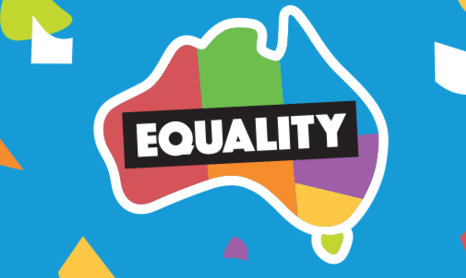Yes and No campaigns slammed as ‘grubby second-hand car dealers’
A marketing expert from The University Of Sydney has slammed both the Yes and No campaigns for acting like “grubby second-hand car dealers”.
Vince Mitchell, professor of marketing at The University of Sydney, told Mumbrella the text messages sent out by the Yes campaign over the weekend were “bad marketing” and could be in breach of the ACMA protection guidelines.



The vicious aggression and bullying of the Yes campaign was only ever going to get an equal and opposite reaction from the No campaign. You reap what you sow.
If the “Yes” campaign loses – or only marginally wins – they will have only themselves to blame. This campaign has been an absolute train wreck, starting with the obstruction of the plebiscite.
Is there a way to confirm the origin of the “YesEquality” text message? The tinfoil hat wearing maniac in me thinks it was a plant by the “No” side to create some ammo.
“Anything that seems to be unjust and unfair, such as sending out a text to people who didn’t ask for them.”
LOL.
How do you keep a straight face writing that?
Here’s a suggestion, if you actually care, actually do something about it.
Your over analysis is helping no-one.
AGREE 100%.
The Yes text messages were a bad move, and only annoyed people like my elderly father – who was teetering on the edge and hadn’t quite decided which way to vote, but will likely now vote No.
The NO campaign messaging has also been quite fraudulent and could well be in breach of the code, i.e. telling people to vote No if they don’t like the Safe Schools program (the two things have nothing to do with each other).
Not to mention the annoying No robocalls, and the No campaign doorknockers who were bothering people in my neighbourhood over the weekend…
Amazing how little the professor knows about the communications laws, National Privacy Principles, and robo-dialling.
Having said that I think it was a tactical error.
And as for Mike and Johnny, have you seen the homophobic tagging in the Sydney trains, or the woman in Brisbane (I think) who had stones thrown at her house and windows broken – simply because she supports equality.
You two must be apoplectic about the action of these ‘No’ supporters. Not.